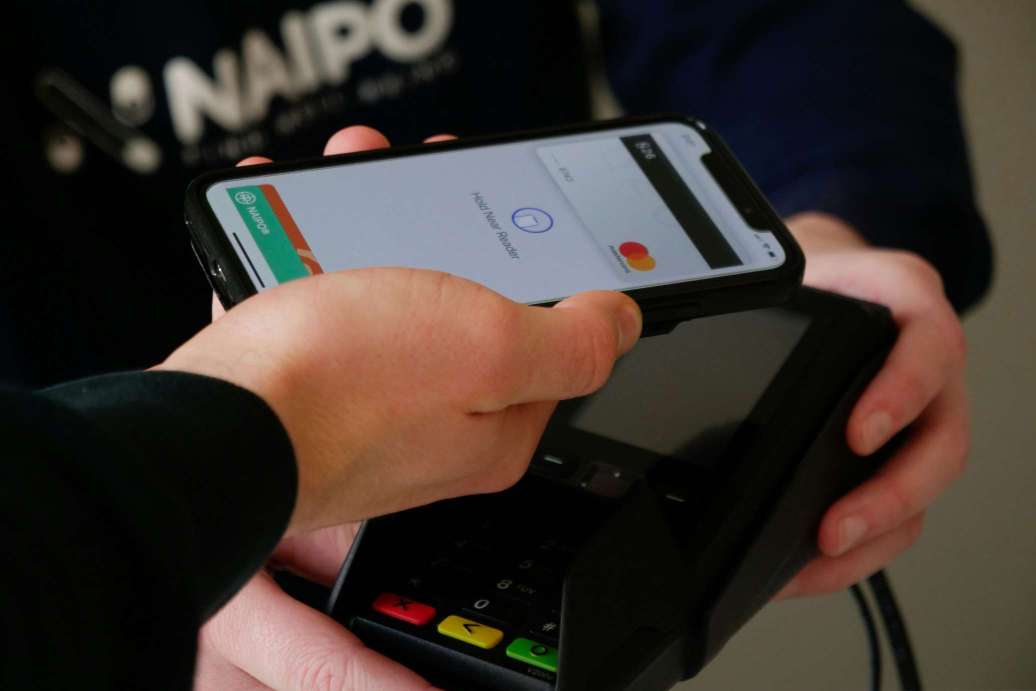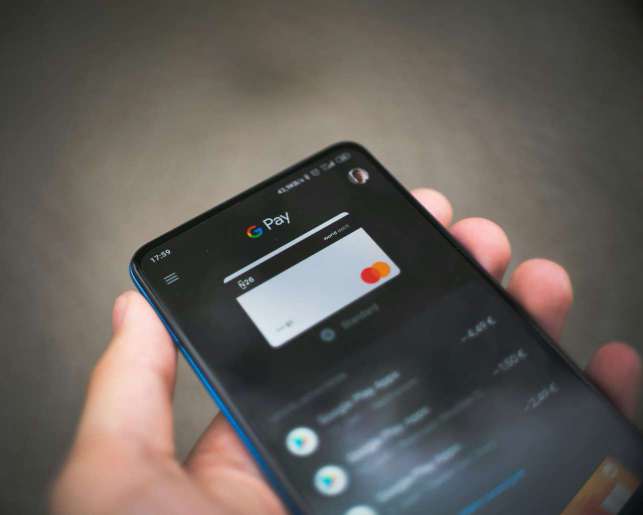Public Key Infrastructure (PKI) in Blockchain: Ensuring Secure Transactions
2 min read
09 Aug 2024
Public Key Infrastructure (PKI) plays a critical role in blockchain technology by ensuring secure transactions and data integrity. In a blockchain context, PKI manages digital certificates, cryptographic keys, and authentication processes to establish trust among participants and secure interactions.
Digital certificates issued by Certificate Authorities (CAs) validate the identity of participants in blockchain networks. These certificates contain public keys, cryptographic signatures, and other metadata that verify the authenticity of transactions and communications.
Cryptographic keys are fundamental in PKI for encrypting data and verifying digital signatures. Public keys are shared openly for encryption and verification, while private keys are securely held by users to decrypt data and sign transactions. This asymmetric encryption ensures confidentiality and authenticity in blockchain transactions.

Blockchain networks use PKI to authenticate users, nodes, and smart contracts, preventing unauthorized access and mitigating risks such as impersonation attacks and data manipulation. PKI mechanisms like digital signatures ensure that transactions are tamper-proof and traceable, enhancing transparency and accountability.
The decentralized nature of blockchain requires robust PKI frameworks to manage identity and access control effectively. Distributed Ledger Technology (DLT) ensures that each participant maintains a copy of the ledger and validates transactions independently, reducing reliance on centralized authorities and enhancing resilience against cyber threats.
Challenges in PKI implementation within blockchain include scalability, interoperability between different PKI infrastructures, and regulatory compliance. Standardization efforts and interoperable protocols aim to address these challenges, promoting seamless integration and widespread adoption of blockchain technology.
Use cases of PKI in blockchain extend beyond financial transactions to digital identities, supply chain management, healthcare records, and voting systems. By leveraging PKI, blockchain enhances security, transparency, and efficiency across diverse industries, fostering innovation and trust in digital interactions.
Looking ahead, the integration of PKI and blockchain technologies will continue to evolve, driven by advancements in cryptographic algorithms, consensus mechanisms, and regulatory frameworks. Secure and scalable PKI solutions will play a pivotal role in realizing the full potential of blockchain for secure digital economies.
More Articles

RegTech (Regulatory Technology): The Silent Revolution in Compliance
7 min read | 10 Sep 2024

Digital Wallets: The Future of Money Management
7 min read | 09 Sep 2024

Contactless Payments: The Safe, Fast, and Easy Way to Pay
7 min read | 08 Sep 2024

Mobile Payments: How Your Phone is Becoming Your Wallet
5 min read | 07 Sep 2024
More Articles

Exploring the Evolution of Apple Watch: From Fitness Tracker to Health Companion
4 min read | 10 Jun 2024

MacBook Pro 2024: Redefining Power and Performance in Apple's Flagship Laptop
4 min read | 09 Jun 2024

iOS 18 Preview: What's Next for Apple's Mobile Operating System?
5 min read | 08 Jun 2024

eFootball Pro Evolution Soccer: A New Era in Soccer Gaming
4 min read | 07 Jun 2024
